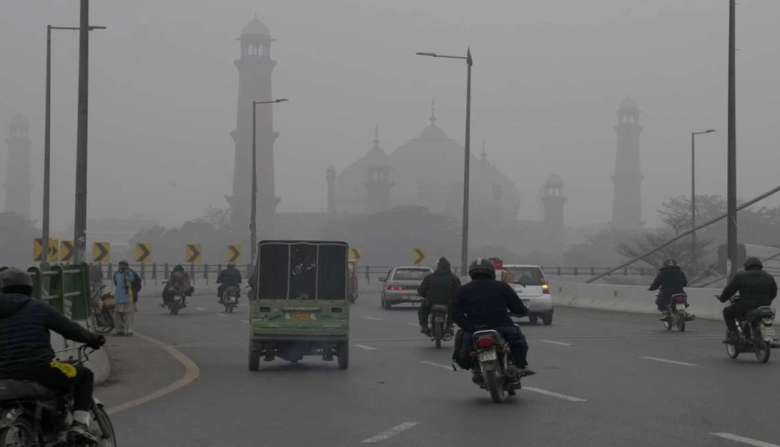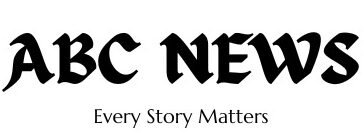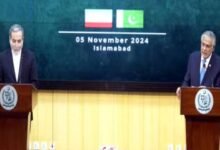
Lahore ranked as the world’s second most polluted city on Monday, with its air quality index (AQI) peaking at 382. The thick blanket of smog in Punjab’s capital remains a persistent hazard despite government efforts to reduce pollution.
On Sunday, Lahore’s AQI surged past 1,000, reaching a record-breaking 1,194, far above the “dangerous” threshold of 300. According to IQAir, a Swiss air quality monitor, the concentration of PM2.5 particles, known for severe health impacts, was measured at 266—over 53 times the level deemed safe by the World Health Organization (WHO).
In response, authorities announced emergency measures, including the closure of primary schools for a week and advising citizens to work from home. Families are being urged to keep children indoors, wear masks, and limit unnecessary travel.
Restrictions are also in place for three-wheeled vehicles, construction activities, and factories, with strict warnings for those failing to comply.
Other cities in Punjab, including Faisalabad, are also experiencing a surge in smog, with winds expected to continue bringing polluted air from neighboring India. Senior Punjab Minister Marriyum Aurangzeb described the situation as “unexpected,” attributing it to cross-border winds carrying pollutants from India. She stressed the need for diplomatic engagement with New Delhi to address the shared air quality crisis, echoing India’s recent call for regional cooperation.
Exposure to toxic air carries severe health risks, triggering respiratory problems, strokes, heart disease, and even shortening life expectancy by an average of 7.5 years, according to the University of Chicago. Children, especially vulnerable to pollution, face heightened risks of respiratory illnesses, with UNICEF reporting that over 600 million children in South Asia are exposed to dangerous air pollution levels.
In addition to school closures, Lahore’s environmental protection agency has imposed a ban on polluting vehicles and barbecues without filters in “hot spots.” Authorities had already limited outdoor school activities and adjusted schedules to minimize children’s exposure during peak pollution hours.





